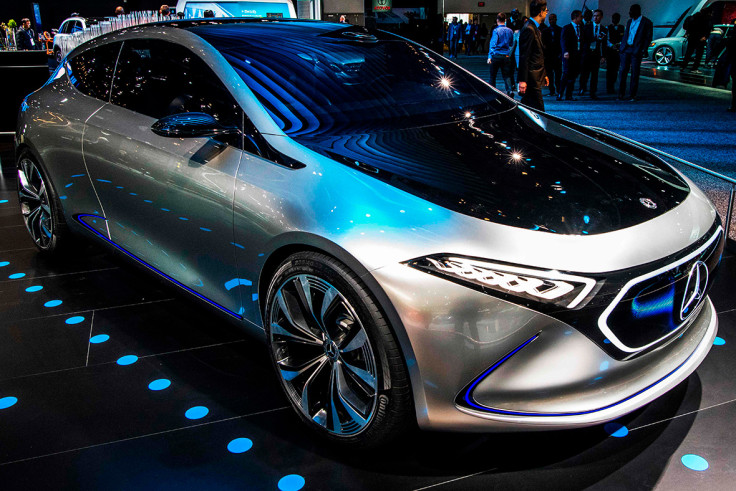Mercedes-Benz turns to unlikley partner to develop new driverless vehicle system
The Nvidia SoC that will handle these tasks is called Orin and made its debut shortly before CES 2020.
It has been a while since the automotive industry reported anything related to automated vehicles. It is understandable knowing how the COVID-19 pandemic was affecting all forms of travel. Nonetheless, research and advancements into the technology seem to be ongoing as Mercedes-Benz announces its collaboration with Nvidia.
Tech and gaming pundits are likely familiar with the latter as it produces high-performance graphic processing units (GPUs) for various. Now, it appears to be co-developing a cutting-edge system for autonomous driving.
Originally, the German carmaker intended to work with BMW, but the deal eventually fell through, which led the former to seek another partner. The two plans to allow over-the-air (OTA) software updates to enhance the performance of future driverless models. The Verge points out that consumers can expect to see this by 2024. This gives engineers enough time to test everything with the help of specialists from Nvidia.
The SoC that will handle these tasks is called Orin and made its debut shortly before CES 2020. This is compatible with Nvidia's full Drive AGX software stack and is capable of up to 200 trillion operations per seconds with a remarkable power usage rating. Mercedes hopes to use it for its vehicles to hopefully compete against the likes of Tesla and Cadillac. These include features such as Super Cruise, Smart Summon, and Autopilot.
Elon Musk's company might be the only automaker right now that has somehow perfected its OTA delivery. The new one form Nvidia will not only bring a lot of functionalities for self-driving vehicles but also introduce cutting-edge safety elements. To prevent distractions, the tracking system can monitor the user's eyes and head to confirm if they are focused on what's ahead. If it detects potential danger, it will notify the operator via visual, audio, and haptic methods.

Moreover, Nvidia claims it will be advantageous as it virtually eliminates blind spots that can easily lead to accidents on the road. It looks like Mercedes-Benz is not the only manufacturer that hopes to improve its automated driving platform. There will be a lot of testing involved as previous attempts to test other forms of the technology has resulted in fatal accidents.
© Copyright IBTimes 2025. All rights reserved.





















